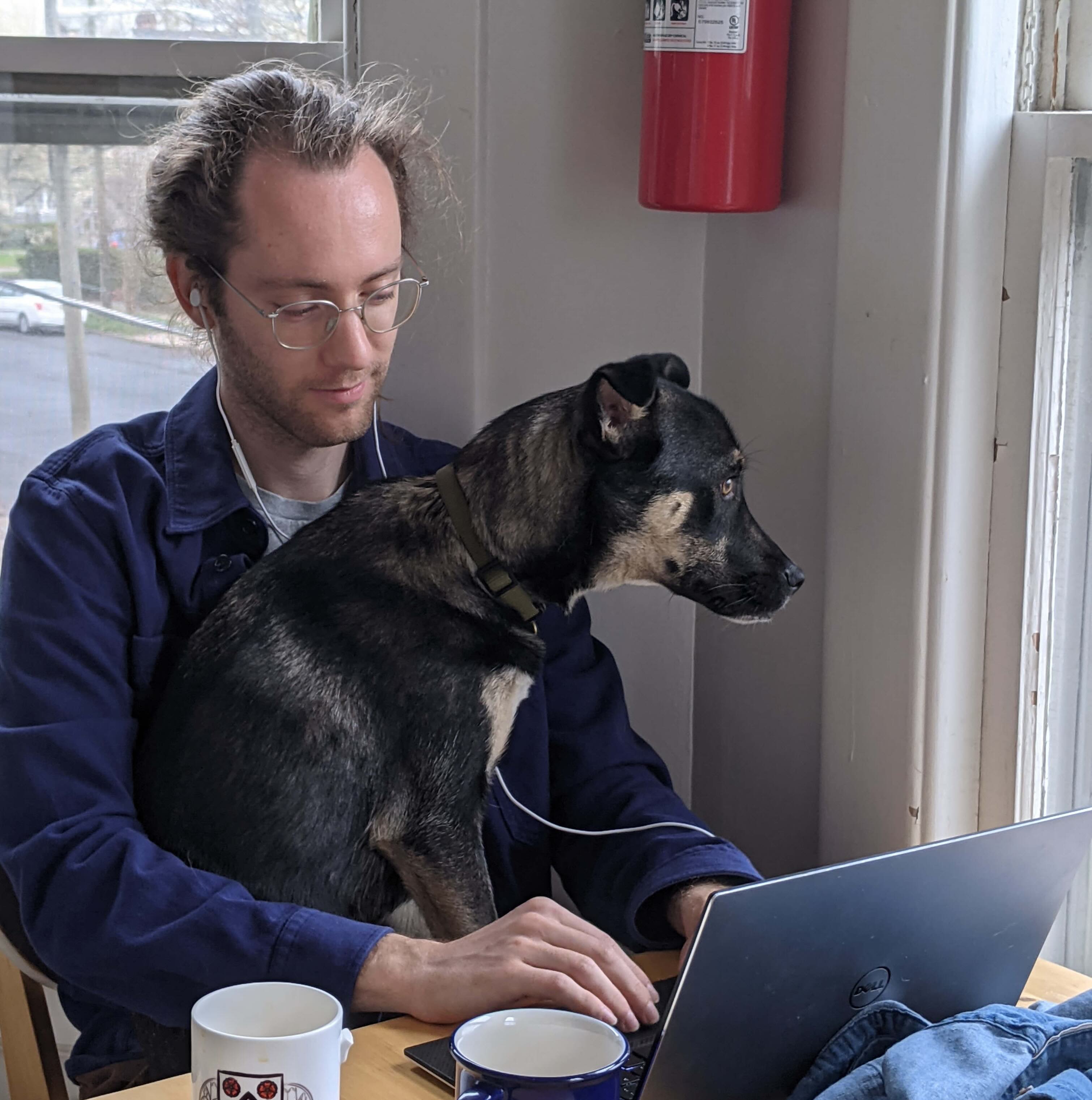Hi, I’m Mike Deigan.

I’m a Humboldt Postdoc at Freie Universität Berlin and research fellow at the Human Abilities Centre for Advanced Studies.
Here’s my cv, my blog, and my teaching page.
My email is mikedeigan@protonmail.com
Publications
Having a Concept Has a Cost
(forthcoming) Synthese
A Fitting Definition of Epistemic Emotions
(2024) Philosophical Quarterly
Conceptual Limitations, Puzzlement, and Epistemic Dilemmas
(2023) Philosophical Studies
Don’t Trust Fodor’s Guide in Monte Carlo:
Learning Concepts by Hypothesis Testing Without Circularity
(2023) Mind & Language
Bad Concepts, Bilateral Contents
(2022) Ergo
Offsetting Harm
(2022) Oxford Studies in Normative Ethics, Volume 12
Stupefying
(2022) Philosophers’ Imprint
A Plea for Inexact Truthmaking
(2020) Linguistics and Philosophy
Counterfactual Donkeys Don’t Get High
(2018) Proceedings of Sinn und Bedeutung 22
Counterfactual Double Lives
(2017) Proceedings of the 21st Amsterdam Colloquium